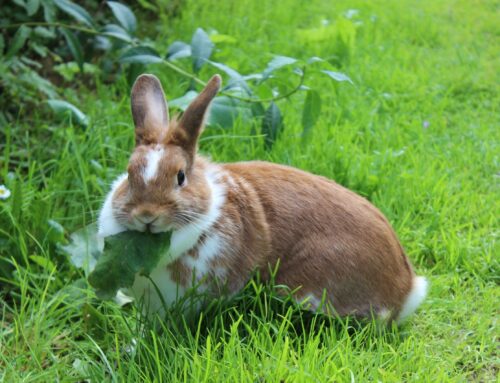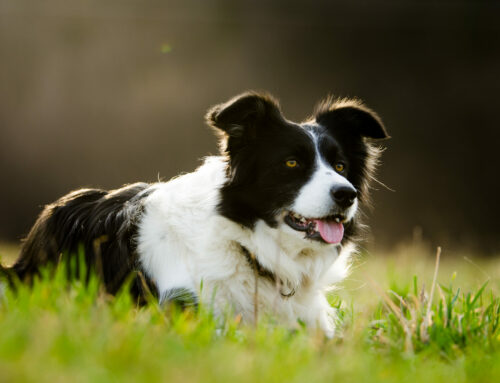We get a lot of questions about neutering… and that makes sense, because there are a lot of factors to consider! However, in this blog, I’m going to try and clear up any confusion you might have!
What is neutering?
Neutering is a surgical procedure whereby the dog is rendered permanently sterile (unable to bear or father puppies), and no longer produces significant amounts of sex hormones (mainly testosterone in dogs, oestrogen and progesterone in bitches).
This is achieved by removing the part of the reproductive tract – the ovaries and (usually) womb in the bitch (a procedure called a spay or ovariohysterectomy) and the testicles in the dog (a castrate or orchiectomy).
Why neuter?
There are many advantages to neutering your puppy; the most important ones include:
- No unwanted puppies. With many thousands of unwanted dogs in pounds and rehoming centres, it’s important that we, as dog owners, only bring more puppies into the world if they will be wanted and loved. If not, neutering your pet prevents them from adding to the population crisis.
- Reduction in unwanted behaviours. In particular, neutering eliminates roaming (dogs running off looking for a bitch in heat) and bleeding in bitches when in season, as well as massively reducing mounting, humping and other sexual behaviours.
- Reduced risk of certain diseases. Neutering a bitch dramatically reduces the risk of mammary tumours (breast cancer), and eliminates the potentially lethal womb infection called pyometra. In dogs, it entirely eliminates the risk of testicular cancers and massively reduces the chance of prostate diseases (prostatic hypertrophy and prostatitis). It also reduces the chances of anal tumours (anal adenocarcinoma).
- Longer lifespan. Overall, a neutered dog would be expected to live 14% longer than his entire brother, and a bitch a massive 26% longer than her unspayed sister.
Does it matter when my puppy is neutered?
To some extent yes. A bitch shouldn’t be neutered before they have matured enough – when their genitalia have developed. In addition, very large or giant breed dogs should probably be neutered a bit later than smaller breeds, to allow their growth plates time to close (which also seems to minimise the risk of osteosarcoma and problems like hip dysplasia).
At Acorn, we usually recommend neutering at 5-6 months, because for 90% of dogs this is the right age. Of course, our vets will advise you to wait if you have a giant breed or immature dog who needs a little bit longer to grow up.
Some people want to leave their bitch until after their first season, but there’s very little evidence that this does any good, and does increase the risk of mammary tumours. It’s also important to remember that a bitch can easily get pregnant in her first season!
So should I neuter?
The only reason I myself wouldn’t neuter my own dog is if I was breeding from him or her. Of course, if you are breeding it is a no brainer (!), but otherwise, I think that in most cases it’s better for you and your dog.



